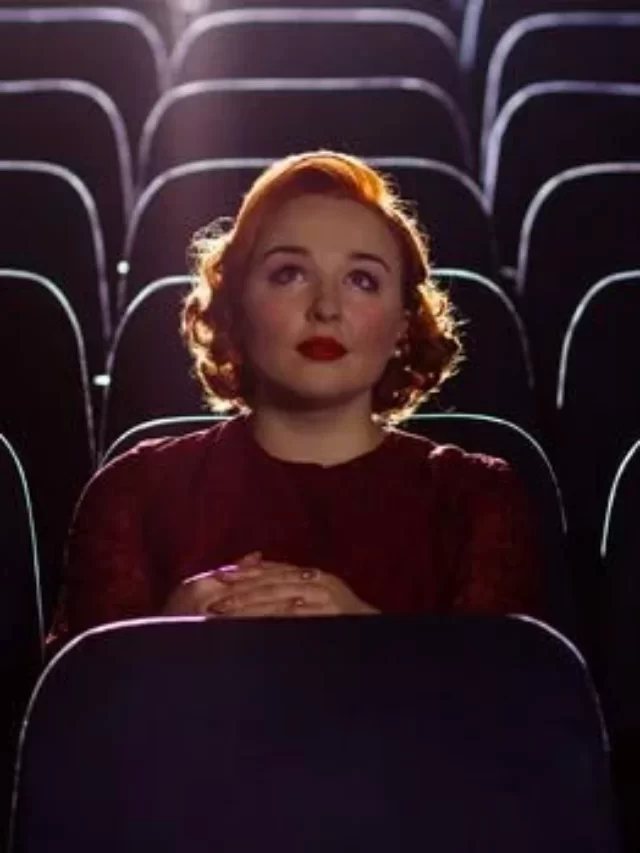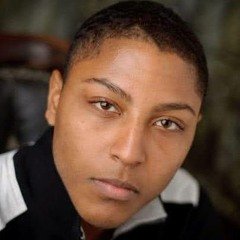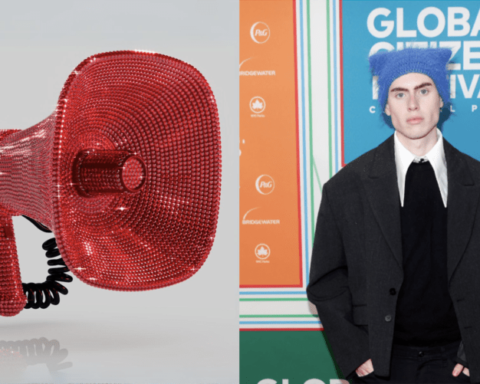Key points:
- Denzel Washington and Frances McDormand hit excellent conditions in Joel Coen’s grim rethinking of Shakespeare’s Scottish bloodbath.
Why another Macbeth film? It wasn’t so much that quite a while in the past we had Justin Kurzel’s enormous pragmatist adaptation, with Michael Fassbender and Marion Cotillard. All things considered, there’s dependably a point assuming the film is as convincing and outwardly splendid as this. Chief Joel Coen, working for once without sibling Ethan, has conveyed an obvious monochrome bad dream, refrigerated to a frigid chilliness. With Shakespeare’s text cut right back, it’s a form that takes us back to the language by outlining the dramatization in dramatic, stylised ways: an agoraphobic trial where bodies and faces loom up with tin-tack sharpness out of the velvety white mist.
Coen’s visual contraptions have something of Kurosawa and Welles, with some German expressionist shadows, and this resembles a wrongdoing dramatization from the 30s or 40s – yet completely normally rather than as an interpretative gesture. Bruno Delbonnel’s cinematography is translucent and severe and Stefan Dechant’s radiant creation configuration envisions Macbeth’s palace as a goliath, rectilinear innovator house, with cold yards limited by immense vertiginous dividers and passageways that broaden like a type of open-plan death row.

Stunningly, there is no feeling of what it resembles from an external perspective: we are consistently inside its Escher-like oddness, with bastions that can expand endlessly into the mist. This Macbeth is in numerous ways like the Coen siblings’ high contrast wrongdoing spine chiller The Man Who Wasn’t There, which had Frances McDormand as the hair stylist’s better half, agonizing and enduring, a ton like Lady Macbeth.
What’s more, McDormand is Lady Macbeth here, a job she was destined to play, bringing a hard-won homegrown power and her kind of military assurance to the arrangement to kill King Duncan.



















